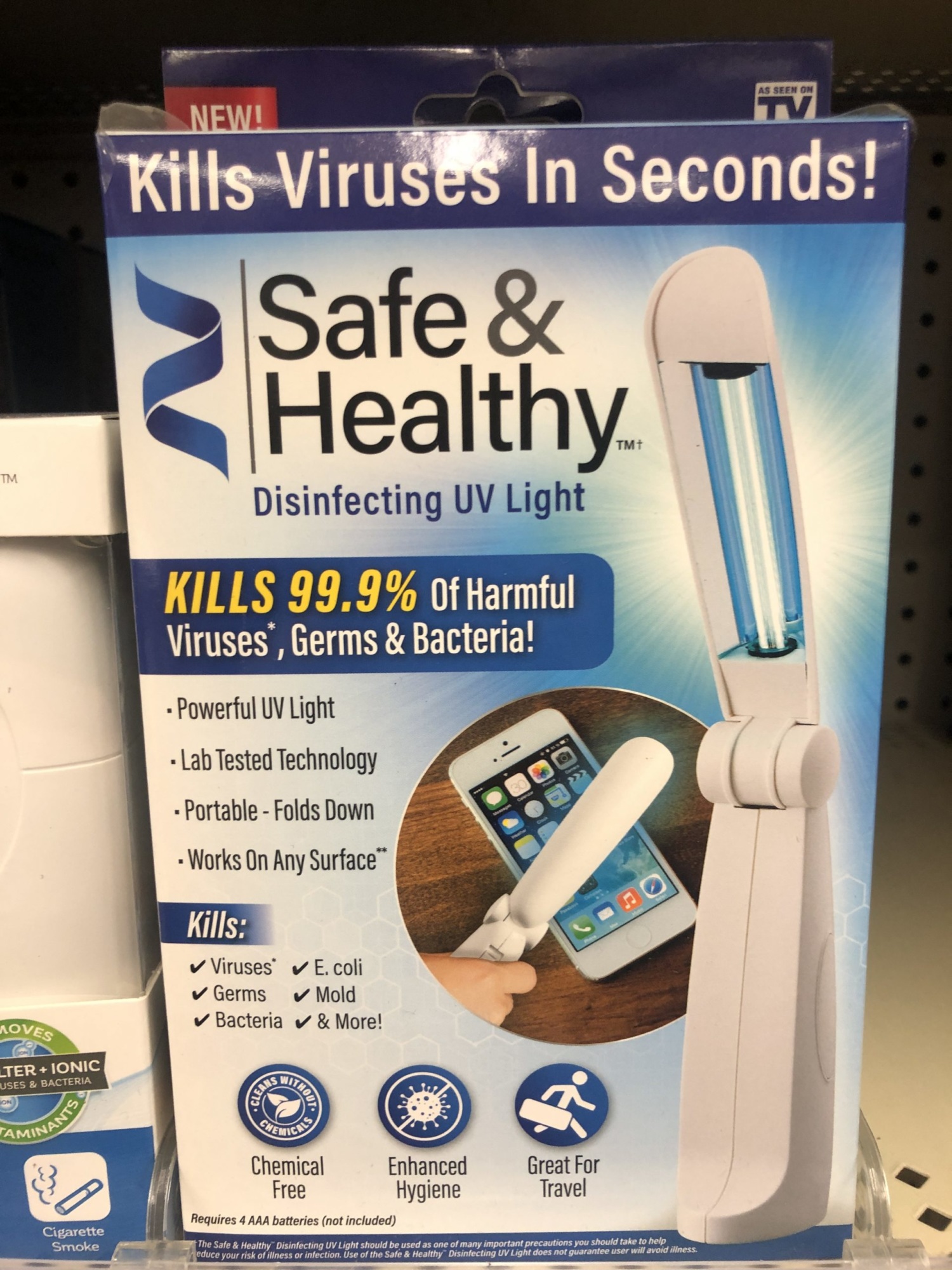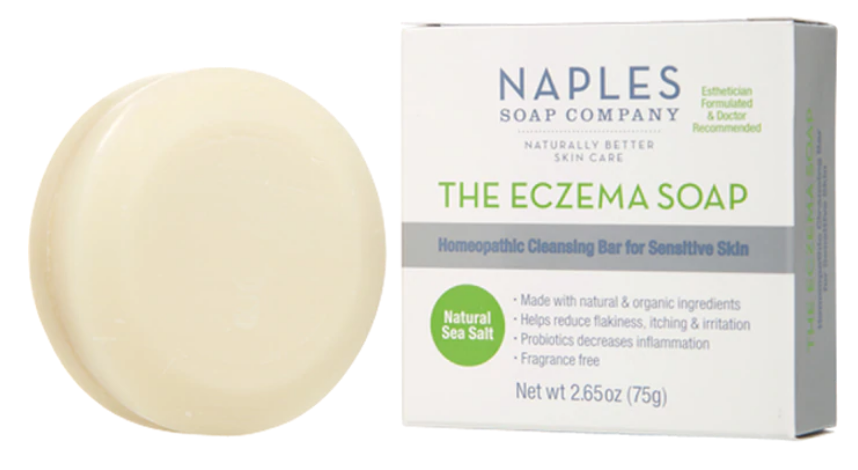
Safe & Healthy Disinfecting UV Light
When it comes to UV devices and COVID-19, there is no magic wand.
Sunscreen's return to the market hits a snag as ad claims are referred to regulators.
In the ’60s and ’70s, Sea & Ski suntan lotion targeted youth with commercials like the one above featuring a bronze-skinned young woman who strolls the boardwalk, leaving behind a trail of young men, mouths agape.
Now, it’s going after soccer moms.
“This is for moms,” said Don Lee, who purchased the brand last year in hopes of returning it to its glory days after decades of dormancy.
To do so, Lee has changed the focus of the marketing from tanning (“Sea & Ski tans you as dark as you can be!” proclaimed a print ad from yesteryear) to skin protection, a topic of particular concern to soccer moms (and soccer dads, for that matter) who do not want to send their children out onto the playing field exposed.
But don’t call it a comeback just yet.
This week, the National Advertising Division (NAD) recommended that Sea & Ski discontinue on-the-bottle claims that it offers consumers “IR-Guard Infrared Protection” following an inquiry sparked by a challenge from the makers of Coppertone Sport, the leading non-private label suntan lotion brand. NAD said the evidence that Sea & Ski provided in support of its infrared protection claims — “a single product test” without any analysis of the data — was insufficient in terms of substantiation.
Sea & Ski declined to state whether it would comply with the decision, at which point NAD referred the claims to the FTC and FDA for further review.
Find more of our coverage on sunscreen here.
Our Ad Alerts are not just about false and deceptive marketing issues, but may also be about ads that, although not necessarily deceptive, should be viewed with caution. Ad Alerts can also be about single issues and may not include a comprehensive list of all marketing issues relating to the brand discussed.
When it comes to UV devices and COVID-19, there is no magic wand.
Pharmacist testimonials at the center of advertising inquiry head to the FTC for further review.
From “cruelty free” to “Made in the USA,” TINA.org finds personal care company’s marketing awash with questionable labels.

